
UC Davis Professor & Air Quality CE Specialist, Dept Animal Science; Director, CLEAR Center; Opinions are mine, Blog: https://t.co/k2rYOcJ6hF
6 subscribers
How to get URL link on X (Twitter) App


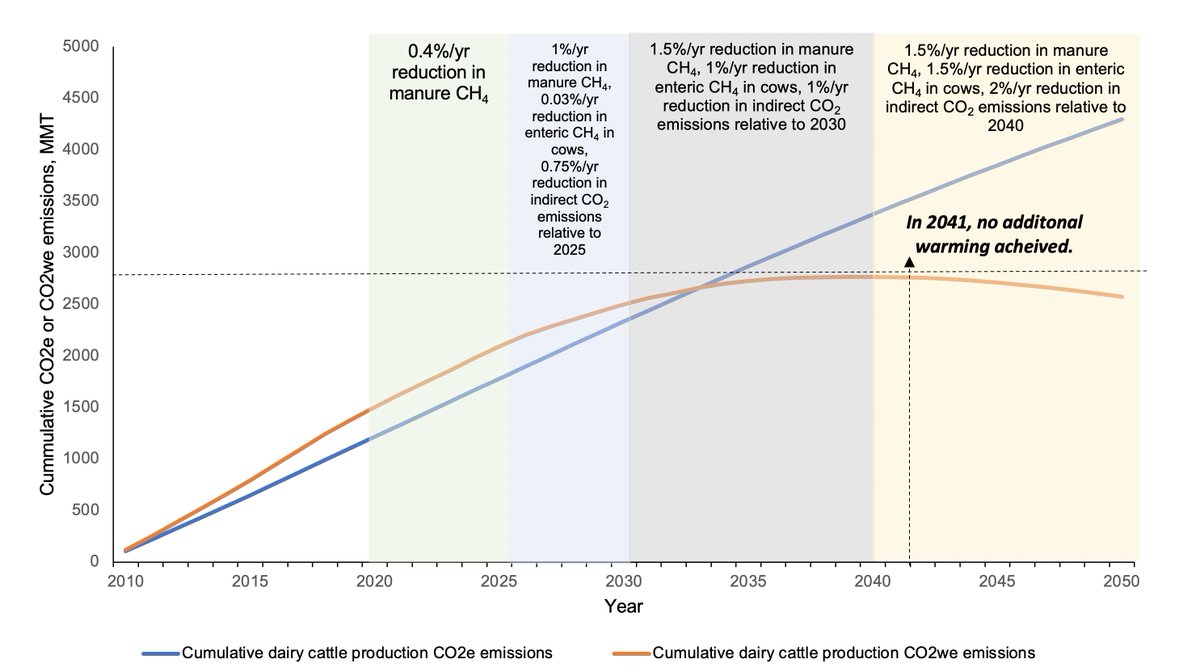

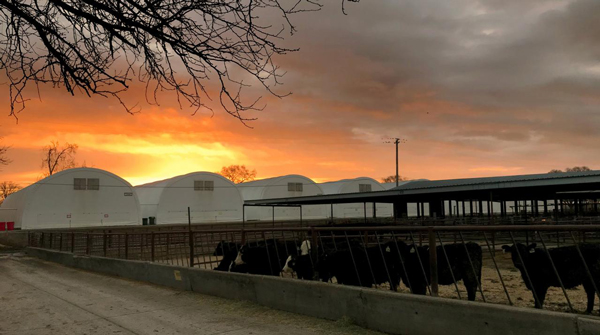
 We need to rethink methane from ag, because it doesn’t warm like fossil CO2. Methane persists in the air for 12 years before most is removed. CO2 lasts for 1000 years, building up and warming long after it’s emitted. Here's a deep dive into ag CH4: 2/ clear.ucdavis.edu/news/methane-h…
We need to rethink methane from ag, because it doesn’t warm like fossil CO2. Methane persists in the air for 12 years before most is removed. CO2 lasts for 1000 years, building up and warming long after it’s emitted. Here's a deep dive into ag CH4: 2/ clear.ucdavis.edu/news/methane-h…

 This @mashable article by @SkepticalRanger begins by describing a 1971 TV PSA some of you may remember. The ad shows a Native American man mourning Earth, which is now littered with trash and plastic pollution. It aims to touch on your emotions. 2/ in.mashable.com/science/15520/…
This @mashable article by @SkepticalRanger begins by describing a 1971 TV PSA some of you may remember. The ad shows a Native American man mourning Earth, which is now littered with trash and plastic pollution. It aims to touch on your emotions. 2/ in.mashable.com/science/15520/…
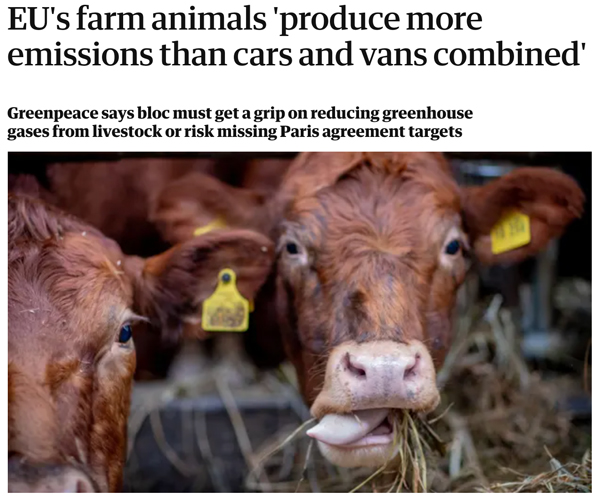
 PR has no place in journalism but here we are – again. Greenpeace, by their own account, is a non-profit NGO rooted in activism. Activism has a necessary place in society, but when it comes to the issue of climate change, science and emissions expertise must prevail. 2/
PR has no place in journalism but here we are – again. Greenpeace, by their own account, is a non-profit NGO rooted in activism. Activism has a necessary place in society, but when it comes to the issue of climate change, science and emissions expertise must prevail. 2/

 There isn’t a single metric that perfectly captures the climate impacts of all greenhouse gases. Though it would be nice, our attempts to do so are misleading us and driving us to focus climate efforts on gases that will have an overall minimal effect on global temperatures.
There isn’t a single metric that perfectly captures the climate impacts of all greenhouse gases. Though it would be nice, our attempts to do so are misleading us and driving us to focus climate efforts on gases that will have an overall minimal effect on global temperatures.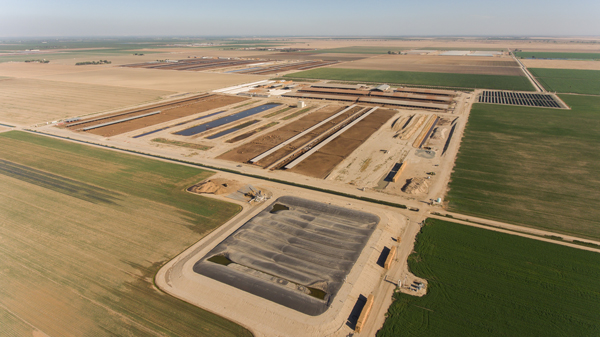
 We can now say, the amount of methane produced by CA dairy farms is less than it was in 2008. This means more methane is being broken down in the atmosphere than is being emitted, leading to less methane in the atmosphere & less warming. 2/
We can now say, the amount of methane produced by CA dairy farms is less than it was in 2008. This means more methane is being broken down in the atmosphere than is being emitted, leading to less methane in the atmosphere & less warming. 2/

 Important note: Our World in Data specifically looks at data around global issues such as climate change – hence the name. The publication’s data around emissions is not flawed rather, the way some interpret the data is incorrect. I’ll clarify what this data means for the U.S. 2/
Important note: Our World in Data specifically looks at data around global issues such as climate change – hence the name. The publication’s data around emissions is not flawed rather, the way some interpret the data is incorrect. I’ll clarify what this data means for the U.S. 2/

 Biogenic & fossil methane originate from different sources. Biogenic methane starts as atmospheric CO2 before it’s been emitted by sources such as livestock. Fossil methane is geological carbon pulled from deep in the earth, where it’s been stored for millions of yrs. 2/
Biogenic & fossil methane originate from different sources. Biogenic methane starts as atmospheric CO2 before it’s been emitted by sources such as livestock. Fossil methane is geological carbon pulled from deep in the earth, where it’s been stored for millions of yrs. 2/
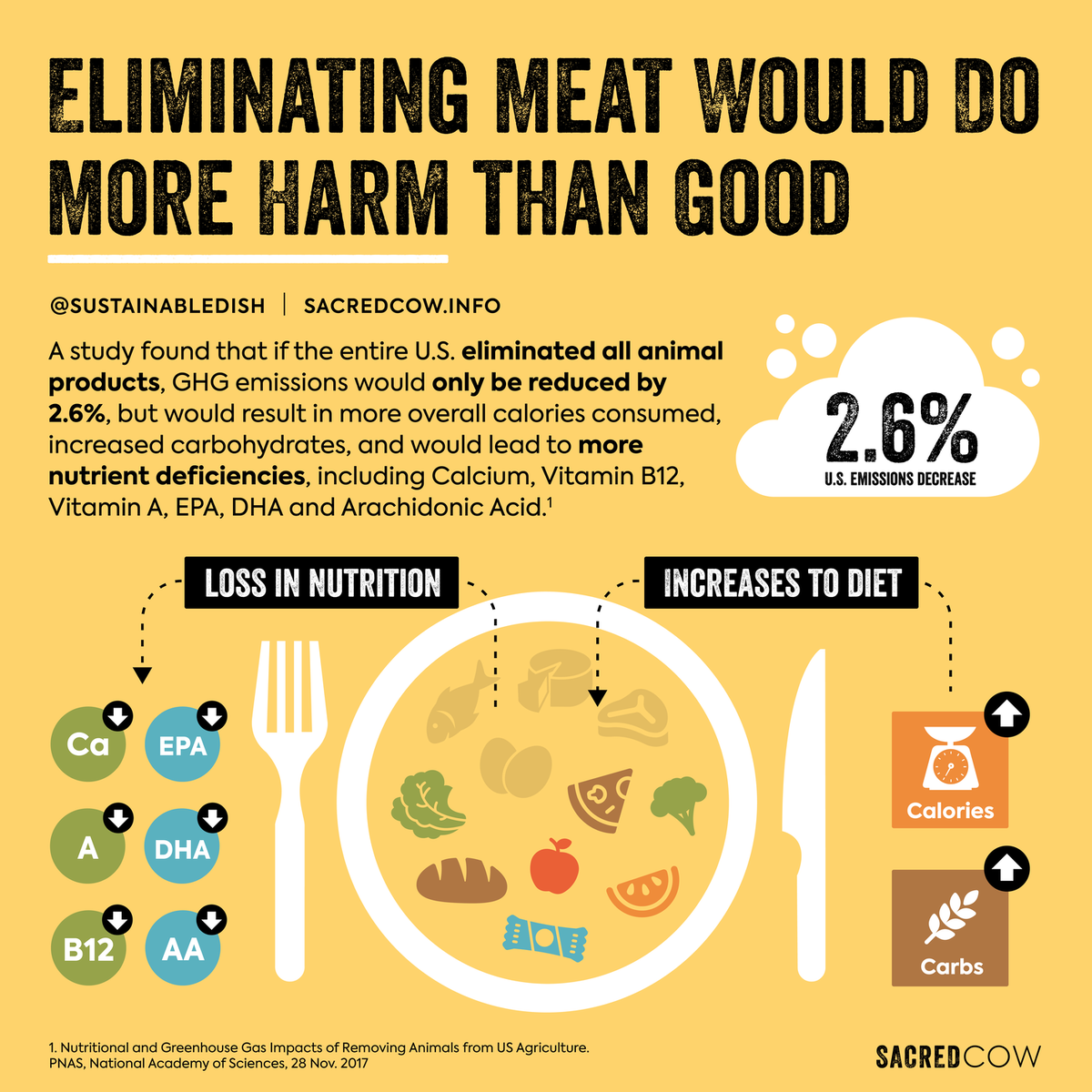
https://twitter.com/UN/status/1287102568598888448?s=201/ This stunt is part of a @UN campaign, no less. One that calls for individual action on climate change, but intentionally ignores the true impact of Big Oil (fossil fuels) on the climate. This type of careless rhetoric puts us at risk of leaving a warmer planet behind. 2/
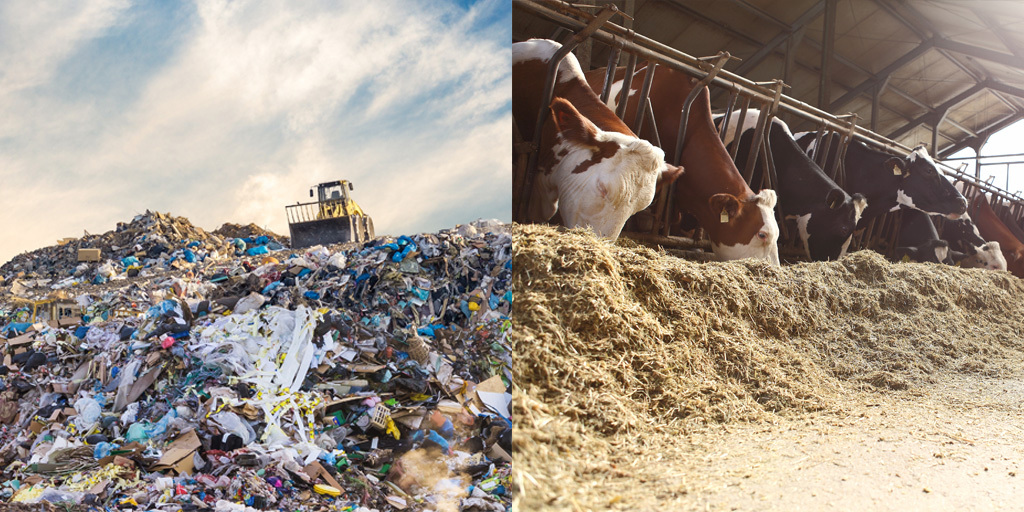
 Animal ag is often attacked by those who believe it's a major contributor to 🌎 warming. It’s not– but that's not going to be my focus today. Instead, I want to focus on how this bill would take away an opportunity for CA dairy farmers/beef producers to fight #climatechange. 2/
Animal ag is often attacked by those who believe it's a major contributor to 🌎 warming. It’s not– but that's not going to be my focus today. Instead, I want to focus on how this bill would take away an opportunity for CA dairy farmers/beef producers to fight #climatechange. 2/
https://twitter.com/UCDavisCLEAR/status/1281021504524660739?s=202/